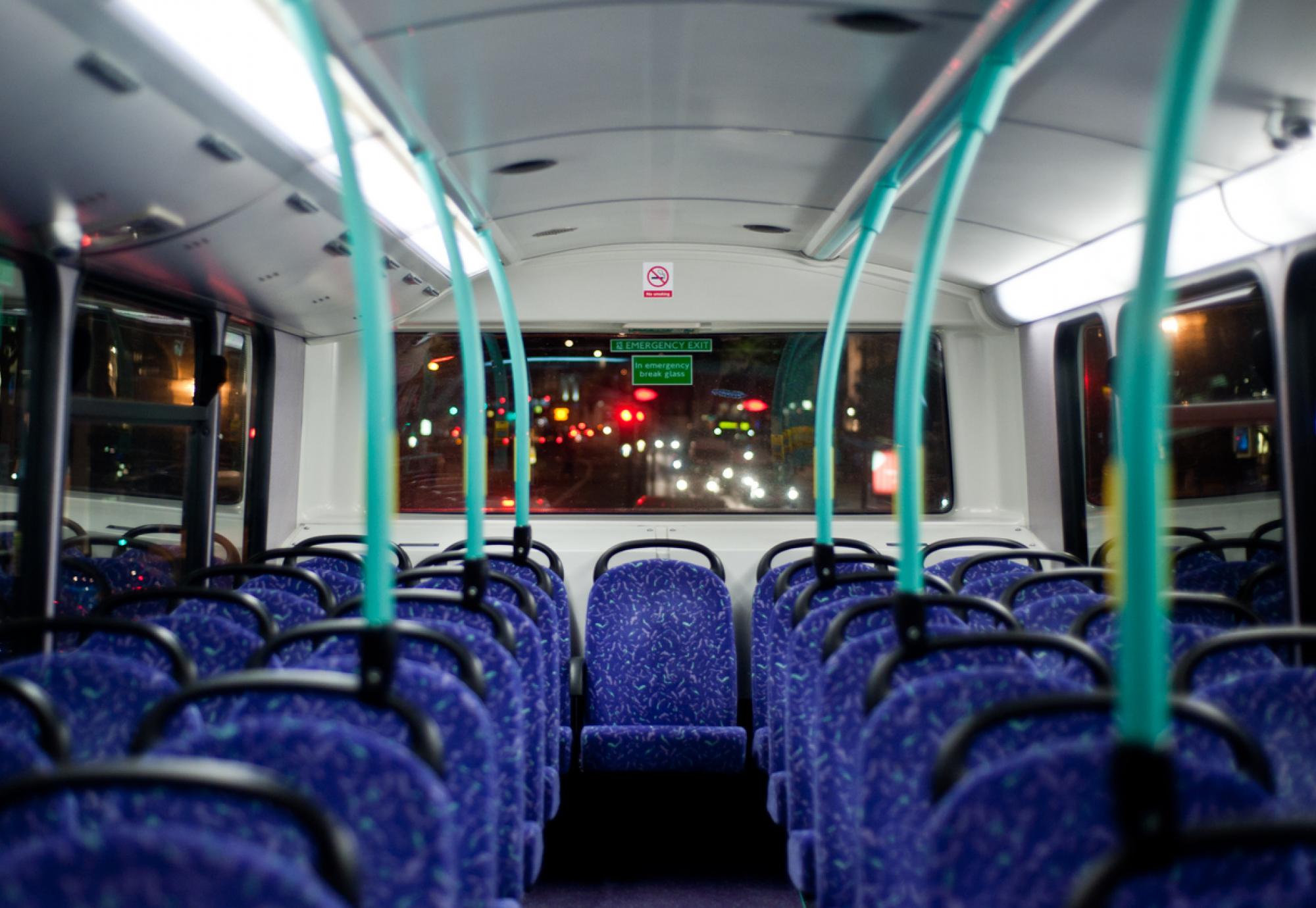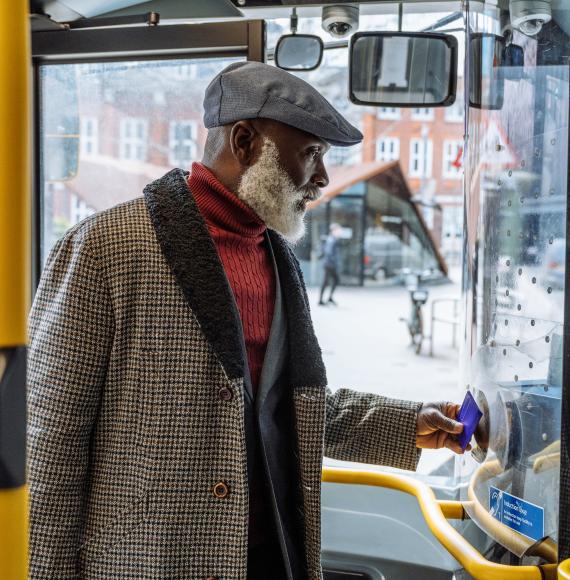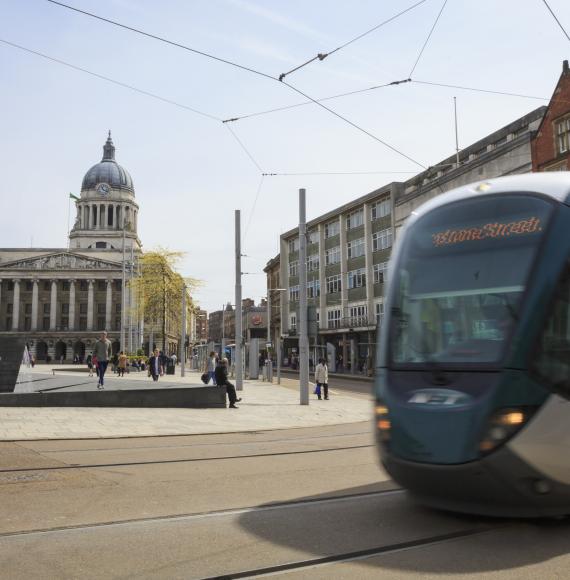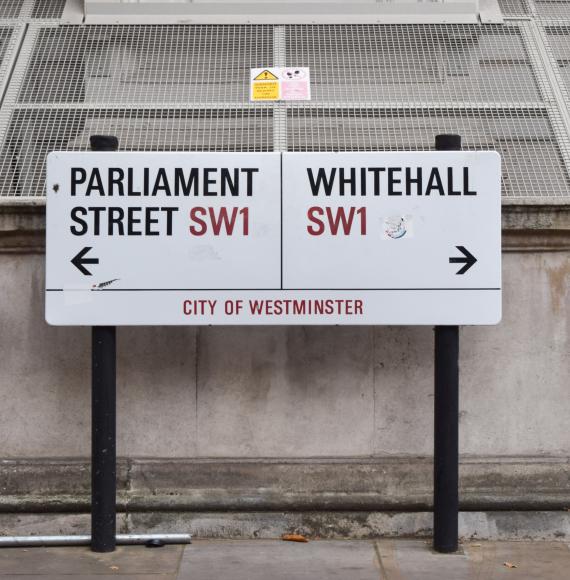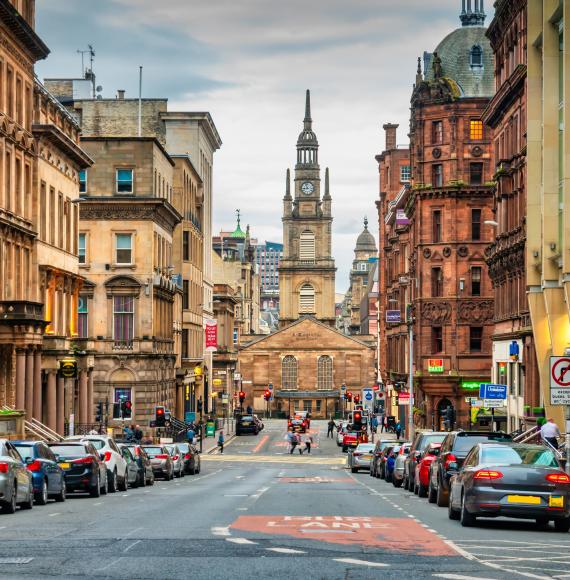The government has unveiled new measures that will allow local leaders to take control of bus services.
Being put before Parliament today, the Buses Bill will hand the powers that were previously reserved for mayoral combined authorities to all local transport authorities in England. This will ensure that services can be delivered in ways that are best suited to specific communities, as it is the local leaders that have a greater understanding of what their areas need.
Alongside the new powers, a consultation has also been launched by government to offer advice and support for leaders that want to bring bus services under public control, with this breaking down the barriers that stand in the way of bus improvement. The needs of passengers and bus drivers are also being put first through this guidance, with a specific emphasis on passenger safety, driver welfare, anti-social behaviour, and violence against women and girls.
Currently, buses are still the most popular form of public transport around the country, however, some of the most important services have been cut following what the government referred to as ‘four decades of failed deregulation.’ According to the Department for Transport, almost 300 million fewer miles have been driven by buses since 2010, and this has led to the government doing all it can to ‘turn the tide’.
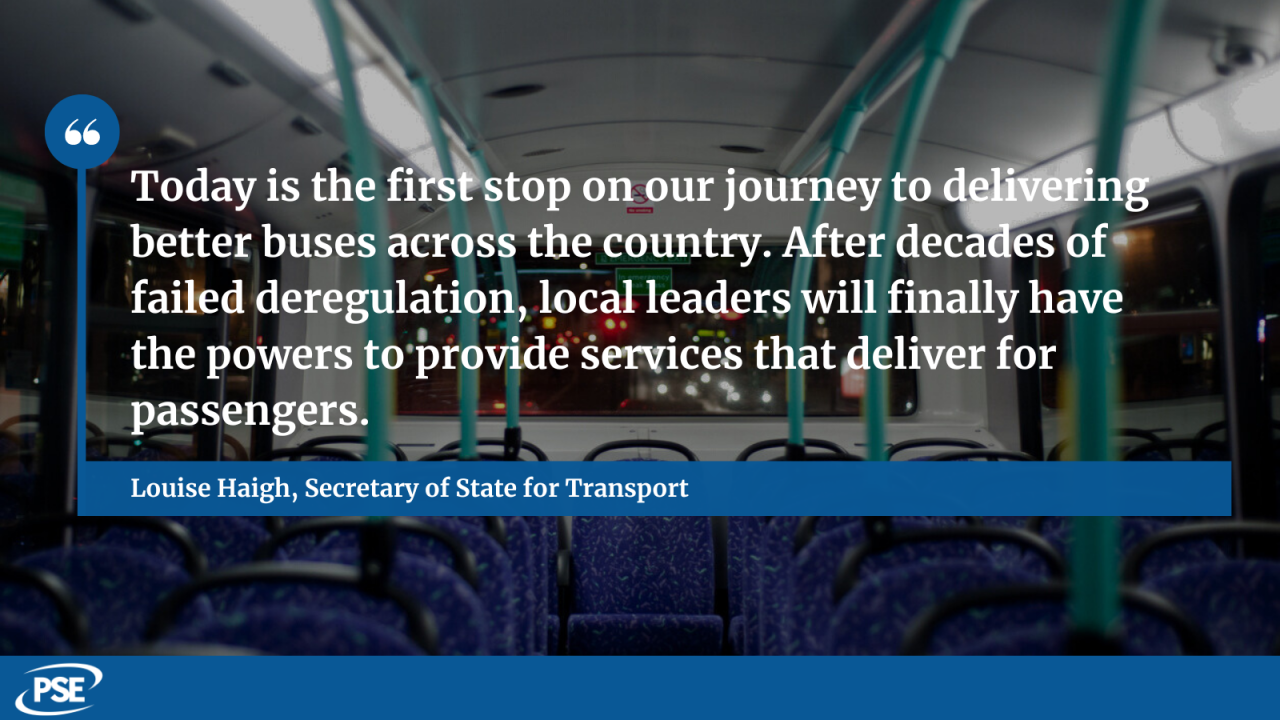
Secretary of State for Transport, Louise Haigh, said:
“Buses are the lifeblood of our communities, but for too many people it has become impossible to rely on local services, as routes have been slashed and timetables hollowed out.
“Today is the first stop on our journey to delivering better buses across the country. After decades of failed deregulation, local leaders will finally have the powers to provide services that deliver for passengers.
“And we are taking steps to support local leaders to deliver improved bus services faster and cheaper than ever before.
“With local communities firmly back in the driving seat, our bus revolution will save vital routes up and down the country and put passengers first.”
The government has also outlined how public transport, especially buses, is vital in achieving its goal of kickstarting economic growth around the country.
In response to the new measures, the Local Government Association’s Transport Spokesperson, Cllr Adam Hug, said:
“Buses remain critical to local government’s efforts to ensure that everyone can benefit from inclusive economic growth and job opportunities, and to prevent social isolation by making local services more accessible; they also continue to play a vital role in reducing carbon and other harmful emissions.
“These proposed measures recognise the fundamental role of local leadership in shaping future bus provision, which the LGA has long been calling for.”
Two of the best examples of successful locally-run bus networks can be found in London and in Greater Manchester, the latter of which has seen passenger numbers already growing in the year since the Bee Network began its rollout.
Image credit: iStock

